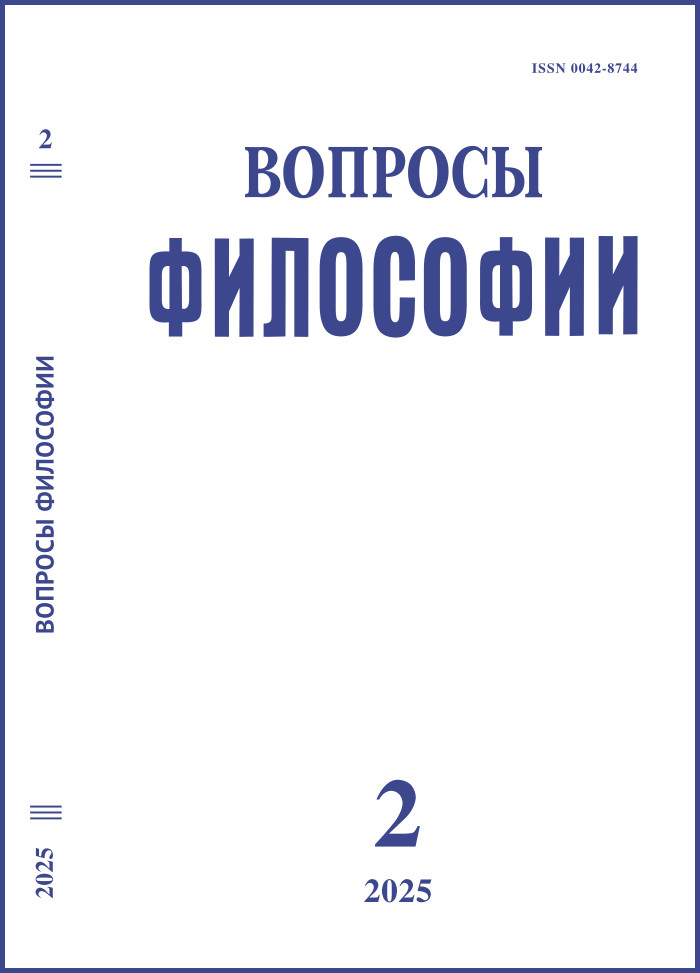Neurophenomenological Project for the Study of Religious Practices: History and Ideology
DOI:
https://doi.org/10.21146/0042-8744-2025-2-165-178Keywords:
meditation, mindfulness, neuroscience, neuropsychology, buddhism, yoga, religious studies, psychology, contemplation, phenomenologyAbstract
The article reconstructs the neurophenomenological tradition of studying religious practices, examines the concept of neurophenomenology developed by Francisco Varela, whose ideas were analyzed in the context of the debate over the hard problem of consciousness which broke out in the 1990s, and were compared with those of Daniel Dennett, John Searle and David Chalmers. It was established that the concept formulated by Varela formed the methodological basis for research into meditation within the neurophenomenological tradition after the 1980s. A review of the history of neurophenomonological research is given. Psychological attempts at secularizing the achievements of religious practice in the writings of Herbert Benson and Daniel Goleman were considered. It is proved that a new era in the study of religious practices begins in the 1990s, when the first meta-study on experiments with meditation was published, along with John Kabat-Zinn’s book “Full Catastrophe Living”, and the Mind and Life institute was opened. The activities of the latter are analyzed in detail, revealing its quasi-religious foundations. The specifics of the Mind and Life summer institute are analyzed and its influence on neurological research development in the United States is demonstrated. It is shown that the modern phase of neurophenomenology is characterized by two significant achievements: the mindfulness revolution and the development of contemplative studies. In conclusion, the two programs for studying of religious practices are compared, neurotheology and neurophenomenology. Neurotheologists seek to separate religious practices from their religious content, while neurophenomenologists see their activities as a mission to change the world through the introduction of religious practices into daily life. However, considering that neurophenomenological discussions often focus on the problem of consciousness and Buddhist mindfulness, its level of philosophical reflection is much higher.

